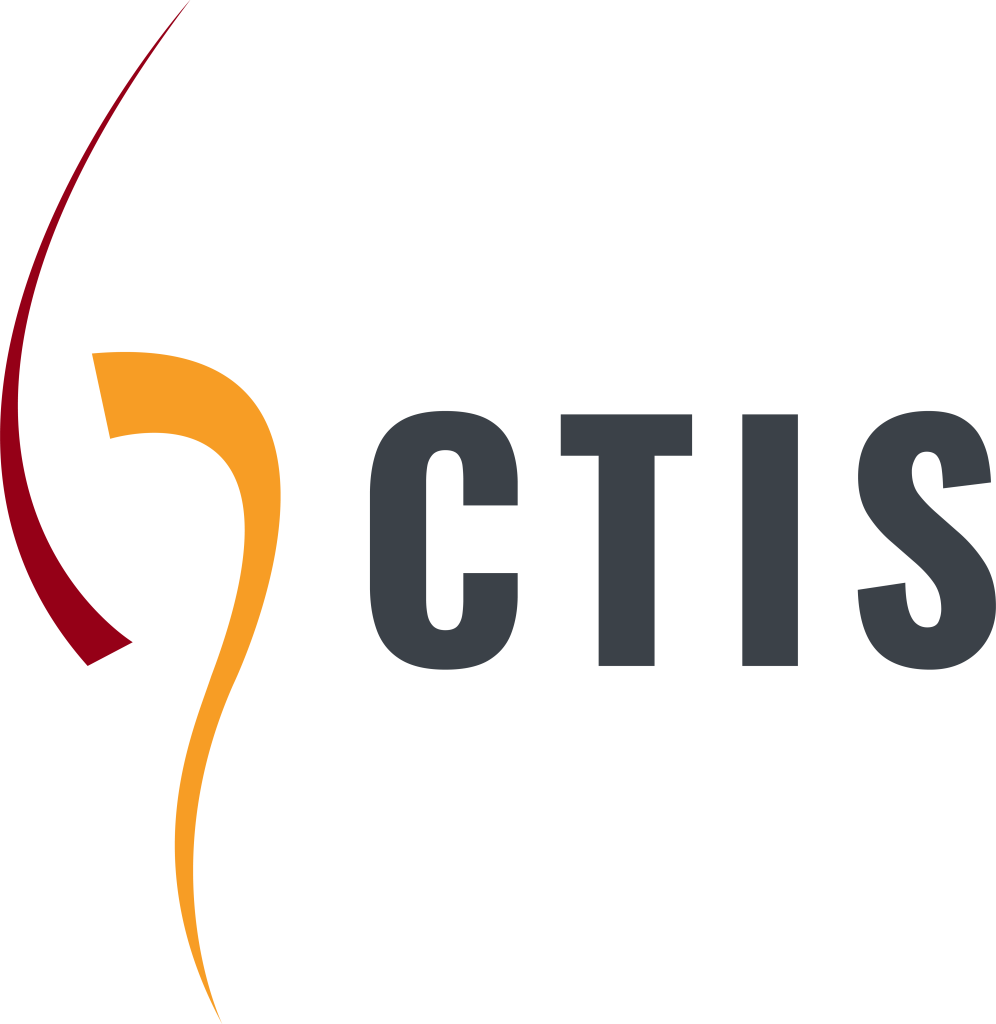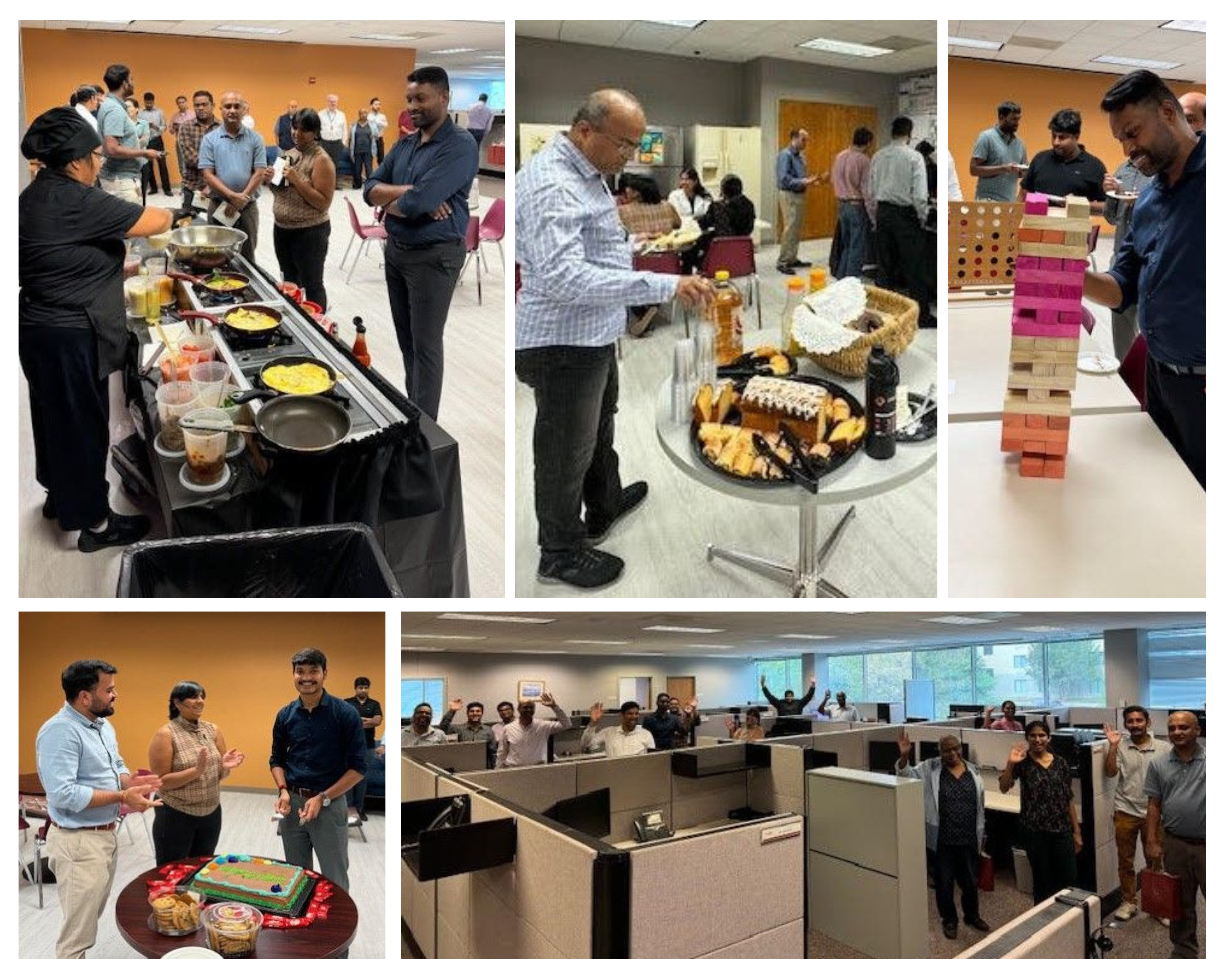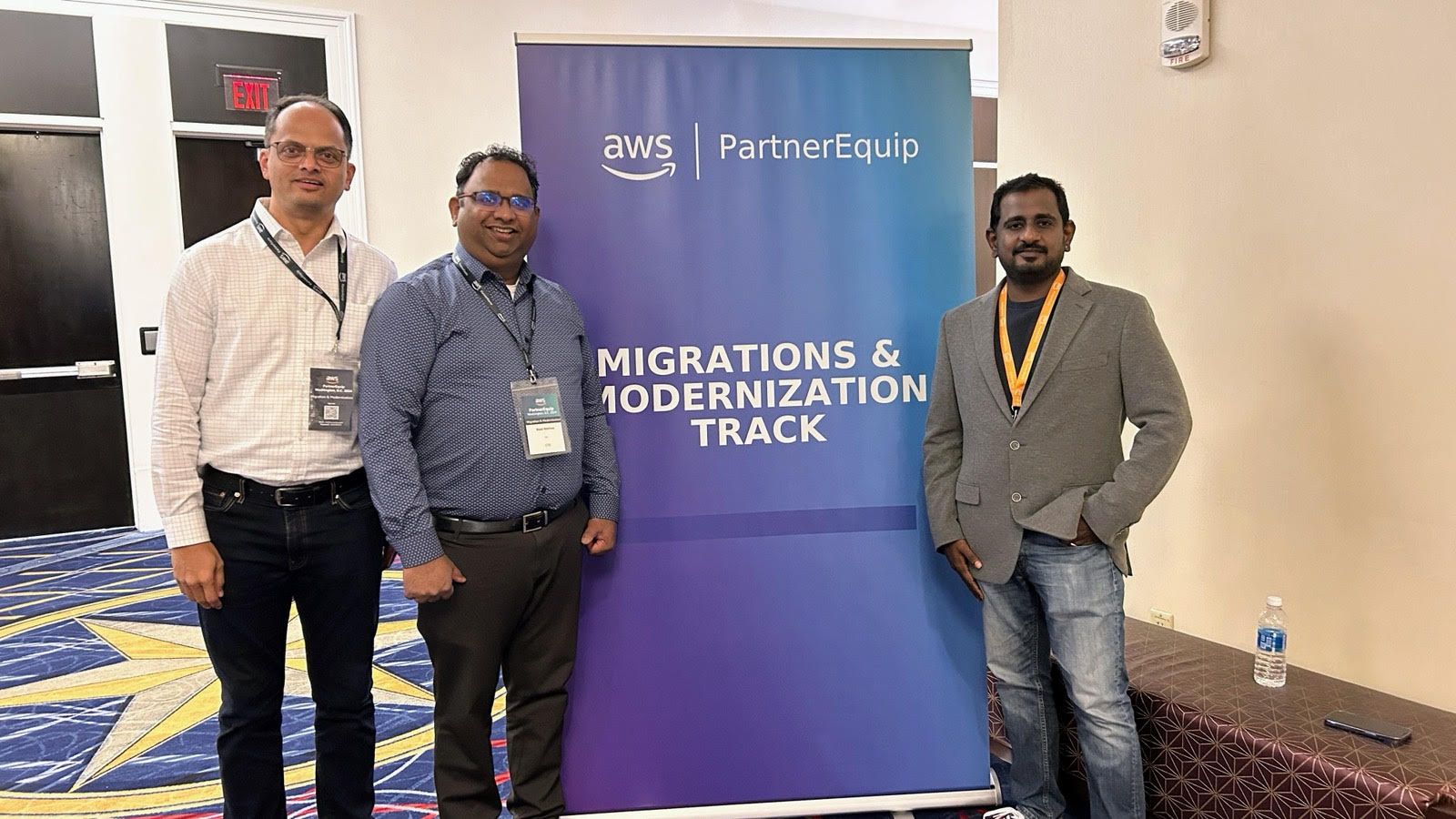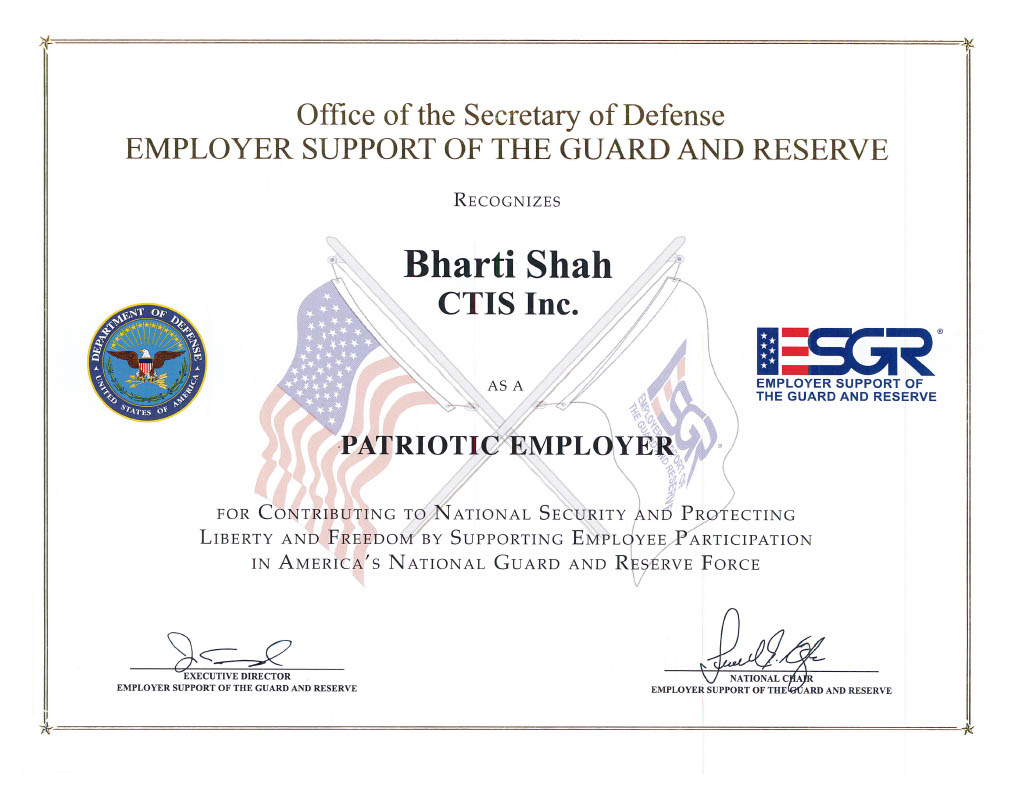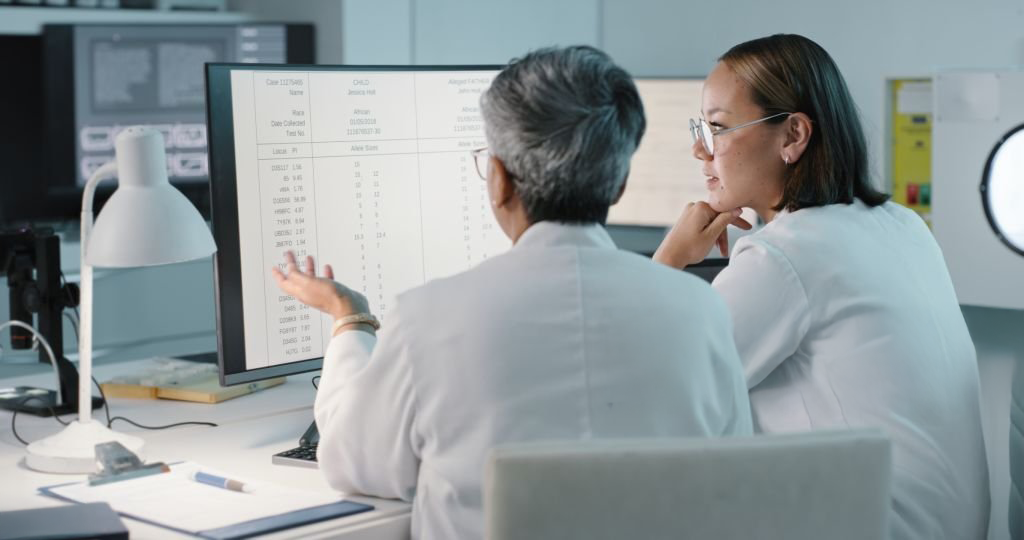At CTIS, our team is deeply committed to advancing health decisions and increasing the efficiency of clinical trials through expert data management and analysis. Our collaboration with the National Cancer Institute’s Cancer Therapy Evaluation Program (CTEP) has led us to develop specialized IT solutions that significantly enhance the way cancer trials are conducted. These advanced tools make it easier for researchers to collaborate, speed up the reporting of critical data, and simplify trial processes.
Understanding Clinical Trials: A Simple Guide
Clinical trials play a crucial role in advancing medical science and enhancing patient care. These well-structured studies test new treatments, medications, and procedures to ensure they are safe and effective. They transform laboratory discoveries into real-world treatments that can benefit many. Here’s a straightforward guide to understanding clinical trials and their importance.
What Are Clinical Trials?
Clinical trials are research studies designed to test new medical methods on people. These methods can include new drugs, medical devices, vaccines, or new uses for existing treatments. The main goal is to determine if these new methods are safe and effective for people.
Phases of Clinical Trials
Clinical trials are divided into phases, each with specific goals:
- Phase 1: This initial phase tests the new treatment on a small group of healthy volunteers or patients. The focus is on ensuring safety, determining the right dosage, and identifying any side effects.
- Phase 2: In this phase, the treatment is given to a larger group of patients who have the condition the treatment aims to address. Researchers assess the treatment’s effectiveness and continue to monitor for side effects.
- Phase 3: This phase involves an even larger group of patients. The aim is to confirm the treatment’s effectiveness, check for side effects, and compare it with existing treatments. Results from this phase are critical for regulatory approval.
- Phase 4: After a treatment is approved and available to the public, Phase 4 trials continue to observe its long-term effects and gather more data on its safety and effectiveness.
How Clinical Trials Work
Participants join clinical trials through medical centers or clinics. They first receive detailed information about the study, including its purpose, procedures, risks, and benefits, and then consent to participate.
Participants are typically divided into groups. One group may receive the new treatment, while another group gets a standard treatment or placebo (a dummy treatment). This setup helps researchers compare the new treatment’s effectiveness and safety against the standard options.
During the trial, participants are closely monitored. Researchers collect data through tests, questionnaires, and physical exams to understand how the treatment affects them and to identify any potential side effects.
Why Clinical Trials Are Important
Clinical trials are essential for several reasons:
- Developing New Treatments: They are the primary method for testing and introducing new therapies. Without them, many medical advancements wouldn’t be possible.
- Improving Existing Treatments: Trials can identify ways to enhance current treatments, making them more effective or reducing their side effects.
- Ensuring Safety and Efficacy: They ensure that new treatments are thoroughly tested for safety and effectiveness before becoming widely available.
- Personalizing Medicine: They help in tailoring treatments to individual patients based on their specific needs and characteristics.
Conclusion
Clinical trials are vital for medical research and improving healthcare. They provide the evidence needed to develop and refine treatments. Understanding the phases and processes involved highlights the significant effort behind new treatments and their impact on medicine’s future. If you’re considering participating in a clinical trial, it’s important to consult with your healthcare provider to fully understand the potential benefits and risks.
At CTIS, we’re dedicated to making clinical trials and drug development better. Our hard work has been recognized with awards from esteemed organizations like the National Institutes of Health (NIH) and the National Cancer Institute (NCI). These awards underscore the real difference we’re making in research and treatment. By continually refining clinical trial methods, we help develop new therapies and improve health outcomes. Our mission is to significantly advance medical research, leading to more effective treatments and enhanced patient care.

